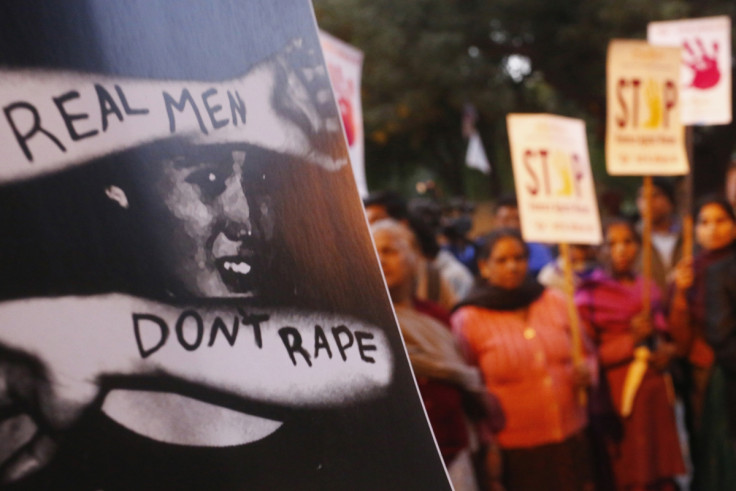End Sexual Violence in Conflict: 'What Does it Mean to be a Man?'
Angelina Jolie and William Hague co-host a three-day event to help tackle rape in conflict

Sexual Violence in Conflict Global Summit - co-hosted by actress Angelina Jolie and British Foreign Minister William Hague - is being held in London.
International Centre for Research on Women (ICRW), an NGO which works with women in developing countries to promote gender equality and fight poverty, held one of the first talks at the summit.
During the conference, several key issues were highlighted by ICRW that can help to stop sexual violence.
Awareness helps tackle the problem
"What many people don't know is that sexual violence is on the rise," ICRW moderator and CEO at Thomas Reuters Foundation Monique Villa said at the opening of the conference We Can Solve This: Tackling the Roots and Repercussions of Sexual Violence. "However, people are becoming aware of it thanks to the use of social media."
According to Villa, the power of shedding light on the issue of gender-based violence is crucial to help fight it.
Raising awareness on the issue is fundamental not only to promote equality from a very young age, but also to warn girls against the dangers of a possible abuse.
"Girls often don't even know that it's wrong to be abused," Villa said.
Working with boys and men promotes gender quality
According to John Crownover, Programme Advisor for the young men initiative with NGO CARE International, gender equality can be reduced if the problem is highlighted among youths.
Care International programs that engage with the youths are essential to "learn from young men and understand what shapes their attitude," Crownover told IBTImes UK.
"Working with them [young men and boys] help build new concepts of what it means to be a man.
"Education is fundamental."
Eradicating self-blame helps reintegration of victims
According to lawyer Stella Mukasa, who is Director of the Gender Violence and Rights portfolio at ICRW, community therapy is very effective in helping female victims of abuse cope with feelings of shame and self-blame.
"Self-blame is always there," Mukasa told IBTimes UK. "Women who have been raped often tend to think: 'Maybe I went out at the wrong time, maybe I went to the wrong place.'
"Investing on community therapies is the right approach to help women re-integrate into society: Women need to work with others to feel again part of something important, " she continued.
© Copyright IBTimes 2024. All rights reserved.






